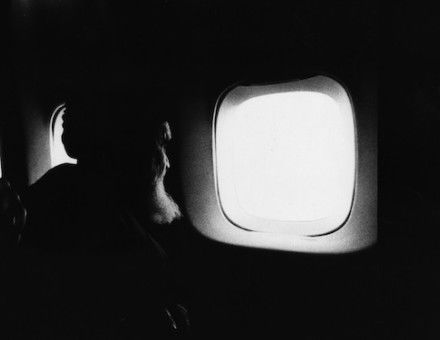Lullabies
Listening to the words of lullabies mothers have sung to their babies over the centuries can give the historian an insight into the constancy - and expression - of maternal feelings.
Today’s view of childhood history tends to see the growing documentary evidence of maternal love that exists from the sixteenth century and after within Europe as having as much to do with the spread of printing as with any supposed radical change in adult feeling itself. As such, this goes against more pessimistic ideas held about past mother-child relations by certain other historians during the last twenty years, who have described medieval mothers as comparatively indifferent to their babies, neglectful of them in life and unmoved at their death. Such mothers, though, do not seem to have lived in the French village of Montaillou between 1294 and 1324, where Emmanuel Le Roy Ladurie found many documented examples of tenderness as well as more punitive behaviour between mother and child. Within our own culture, Dr Linda Pollock has recorded broadly similar findings in her recent study, Forgotten Children; parent-child relations from 1500 to 1900. (Cambridge University Press, 1983.)





